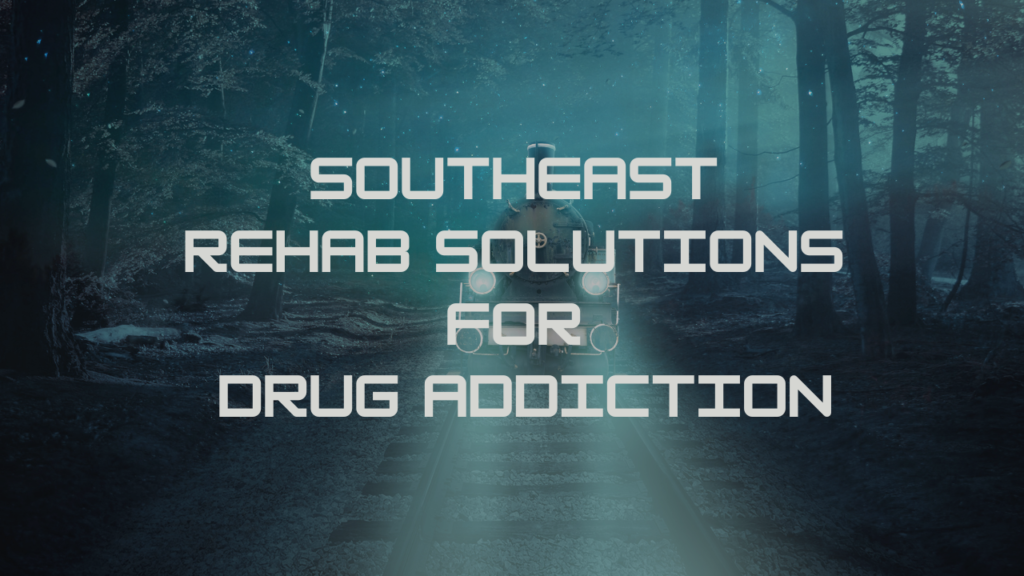
Embarking on the path of recovery from drug addiction is a transformative journey that doesn’t conclude with the completion of a rehabilitation program. The Southeast, known for its compassionate and comprehensive drug rehabilitation initiatives, places significant emphasis on aftercare as an integral component of the recovery process. Understanding the importance of aftercare is paramount in ensuring sustained success in the fight against addiction.
Transitioning from Treatment to Aftercare
Completing a drug rehabilitation program is a significant achievement, but it marks the beginning of a new chapter rather than the end of the recovery journey. Aftercare programs in the Southeast recognize the delicate transition individuals face as they re-enter their communities. To facilitate this transition, aftercare plans are designed to provide ongoing support, guidance, and resources to help individuals navigate the challenges of maintaining a drug-free life.
Preventing Relapse and Fostering Long-Term Sobriety
One of the primary goals of aftercare in Southeast drug rehabilitation is to prevent relapse. Addiction is a complex and chronic condition, and relapse can be a part of the recovery process. Aftercare programs equip individuals with coping mechanisms, strategies for managing triggers, and the skills needed to resist the temptations that may arise post-treatment. By addressing potential relapse factors proactively, aftercare becomes a crucial tool in fostering long-term sobriety.
Tailored Support for Individual Needs
Aftercare plans in the Southeast are not one-size-fits-all; they are personalized to meet the unique needs and challenges of each individual. Recognizing that every person’s journey is different, aftercare may include continued counseling, support group participation, vocational training, or educational resources. This tailored approach ensures that individuals receive the specific support required to maintain their recovery momentum.
Reintegration into Daily Life
Successfully completing a drug rehabilitation program is a significant accomplishment, but reintegration into daily life can be a delicate phase. Aftercare programs provide guidance on how to navigate the complexities of relationships, work, and social situations while maintaining sobriety. This support helps individuals build resilience and confidence as they face the realities of life beyond the structured environment of a rehabilitation center.
Ongoing Monitoring and Accountability
Aftercare in Southeast drug rehabilitation involves ongoing monitoring and accountability measures. Regular check-ins, drug screenings, and continued engagement with support networks help individuals stay on track. This level of accountability is not meant to be punitive but rather serves as a protective measure to identify and address potential challenges before they escalate.
Fostering a Sense of Community and Connection
Isolation can be a significant risk factor for relapse. Aftercare programs in the Southeast emphasize the importance of community and connection. Support groups, alumni events, and mentorship programs provide individuals with a sense of belonging and understanding. This shared experience fosters a supportive network, reinforcing the idea that individuals are not alone in their journey.
In conclusion, aftercare is a vital and indispensable component of drug rehabilitation in the Southeast. By recognizing the ongoing nature of the recovery process and tailoring support to individual needs, aftercare programs contribute significantly to preventing relapse, fostering long-term sobriety, and empowering individuals to lead fulfilling and drug-free lives. The Southeast’s commitment to comprehensive aftercare reflects its dedication to the holistic well-being and sustained recovery of those on the path to healing.

Leave a Reply